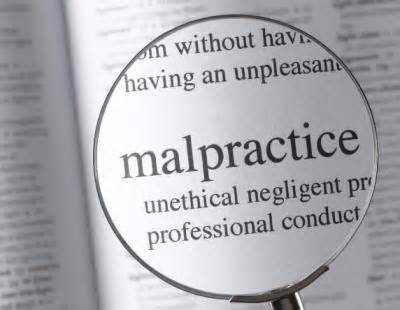
Patients and their families usually give little thought to potential risks from the medications and gases used in anesthesia. Mostly, people are just happy that they can endure surgeries and other medical and dental procedures while experiencing minimal pain or being completely asleep and unaware.
And, in truth, mistakes by the anesthesiologists, dentists and nurses who administer anesthesia are not all that common. When errors do get made, however, they are definitely medical malpractice. The effects can also be devastating or deadly, as should be expected from the negligent use of substances that paralyze, slow breathing and heart rate, and induce unconsciousness.
Between 1992 and 2014, U.S. victims of anesthesia errors brought 10,246 successful medical malpractice claims. Across that timespan, the median settlement or jury award for an anesthesia error was $40,837, and the payments reflected compensation for some combination of follow-up care, disability, emotional distress and pain and suffering.
LEARN MORE
- Who Is Responsible for Anesthesia Errors?
- Hypoxic Brain Injury: A Preventable Anesthesia Error
- The Anatomy of a North Carolina Medical Malpractice Lawsuit
The greatest danger from an error involving anesthesia is hypoxic brain injury. When the flow of oxygen to the brain stops for as little as four minutes, the brain starts dying. The damage is often permanent, leaving survivors with physical and intellectual disabilities that range from numbness in the hands and feet to a complete inability to communicate and care for themselves.
Mistakes that harm patients who receive anesthesia include
- Administering an overdose, which can dangerously slow or stop respiration
- Administering an underdose, which allows the patient to wake up and feel pain during surgery
- Administering medications that trigger allergic reactions or interact badly with other drugs the patient is taking
- Failing to position the patient properly to keep the airway open and unobstructed
- Inserting a breathing tube incorrectly and either damaging the airway or failing to deliver an adequate supply of oxygen
- Neglecting to monitor vital signs
- Failing to respond correctly to indications that the patient has experienced a health crisis while under anesthesia
- Damaging the spinal cord or other nerve with injecting a local anesthetic
Every doctor, nurse and pharmacist involved in the preparation and administration of anesthesia has high legal duties to protect the patient. Clinics, hospitals and pharmacies have those legal duties, as well. When a patient suffers harm from anesthesia, the responsible parties must be held accountable.
EJL